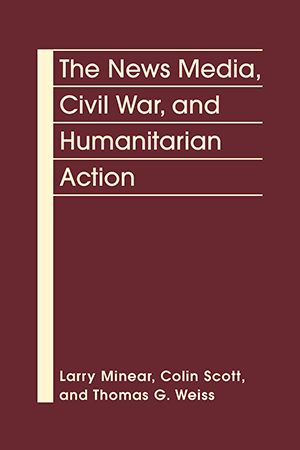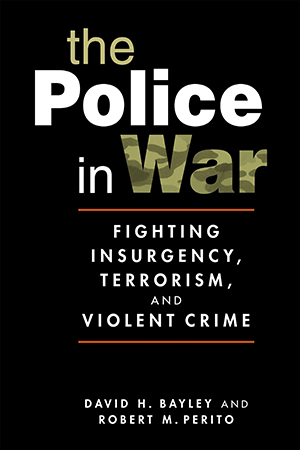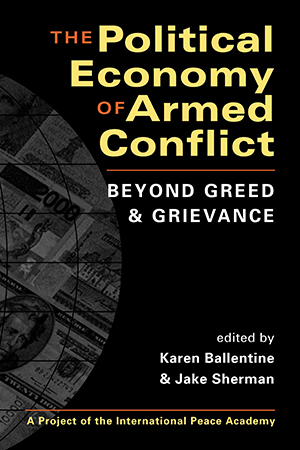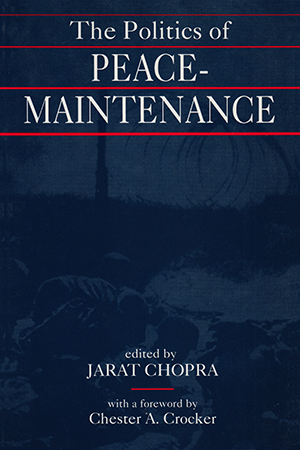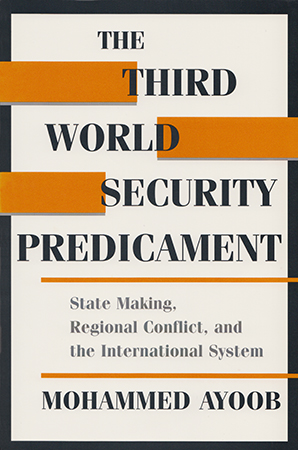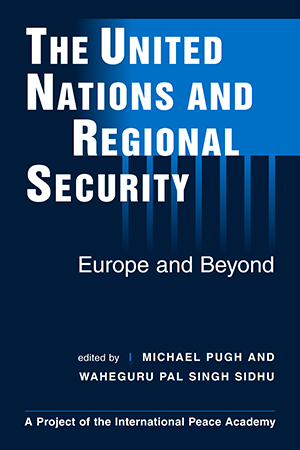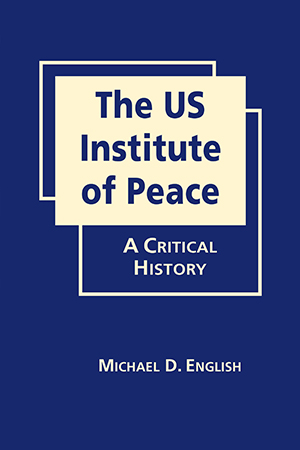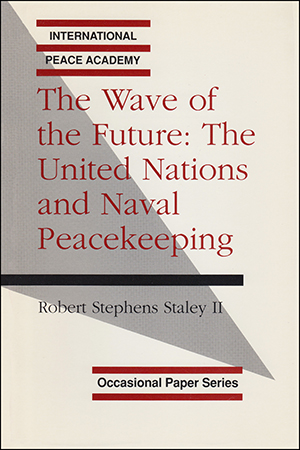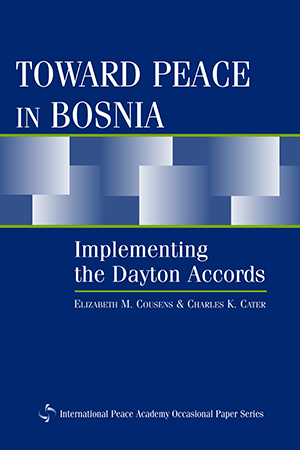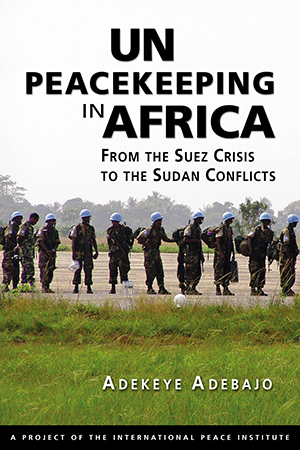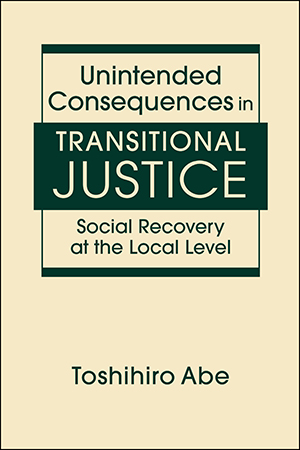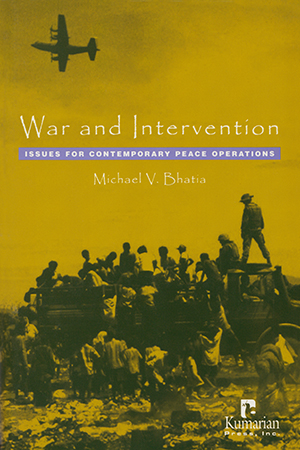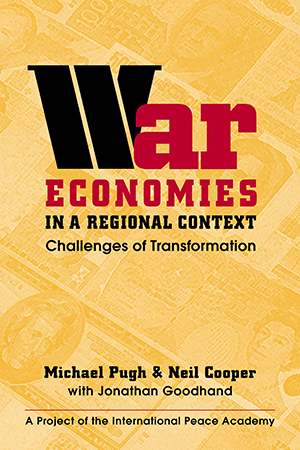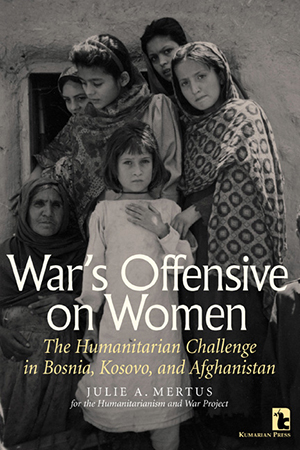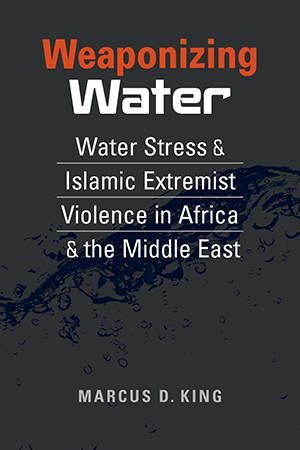Peace and Conflict
The civil wars that have been prominent features of the first post–Cold War decade have revealed a close and active relationship among the news media, governments, and humanitarian More >
Frustrated efforts in both Iraq and Afghanistan give urgency to the question of how to craft effective, humane, and legitimate security institutions in conflict-ridden states—and More >
Globalization, suggest the authors of this collection, is creating new opportunities—some legal, some illicit—for armed factions to pursue their agendas in civil war. Within this More >
The results of more than fifty years of peacekeeping operations—ranging from diplomatic efforts to so-called peace enforcement (the use of military force)—have made it clear that More >
This book explores the multifaceted security problems facing the Third World in the aftermath of the Cold War. Ayoob proposes that the major underlying cause of conflict and insecurity in More >
Events in Europe over the past decade or so have created a dynamic requiring significant conceptual and practical adjustments on the part of the the United Nations and a range of regional More >
Long a source of contention and ambiguity in Washington, the US Institute of Peace (USIP) is seen by some as a vital part of the US national security apparatus, by others as a counter to the More >
Though the United Nations will face numerous challenges on the world's oceans in the next decades, it has not yet developed the capability to operate effectively in the areas of maritime More >
When the Dayton peace agreement was signed in 1995, there were expectations among the signatories, the Bosnian population, and the international community alike that the pact would not only More >
Nearly half of all UN peacekeeping missions in the post–Cold War era have been in Africa, and the continent currently hosts the greatest number (and also the largest) of such missions More >
Though transitional justice has been hailed by many as the best path toward reconciliation and stability in postconflict and democratizing societies, criticisms of the approach also abound, More >
War and Intervention explains how armed forces, aid agencies, and transitional adminsitrations in war-affected countries have adapted to the changing circumstances of modern war and More >
Confronting the corrosive influence that war economies typically have on the prospects for peace in war-torn societies, this study critically analyzes current policy responses and More >
Julie Mertus explores, with cautious optimism, the progress that has been made in incorporating women and responding to gender issues in the process of dealing with humanitarian crises. More >
Drought, lack of access, poor quality … water supplies are in jeopardy across Africa and the Middle East. These same areas are rife with conflicts involving Islamic extremist groups. More >


